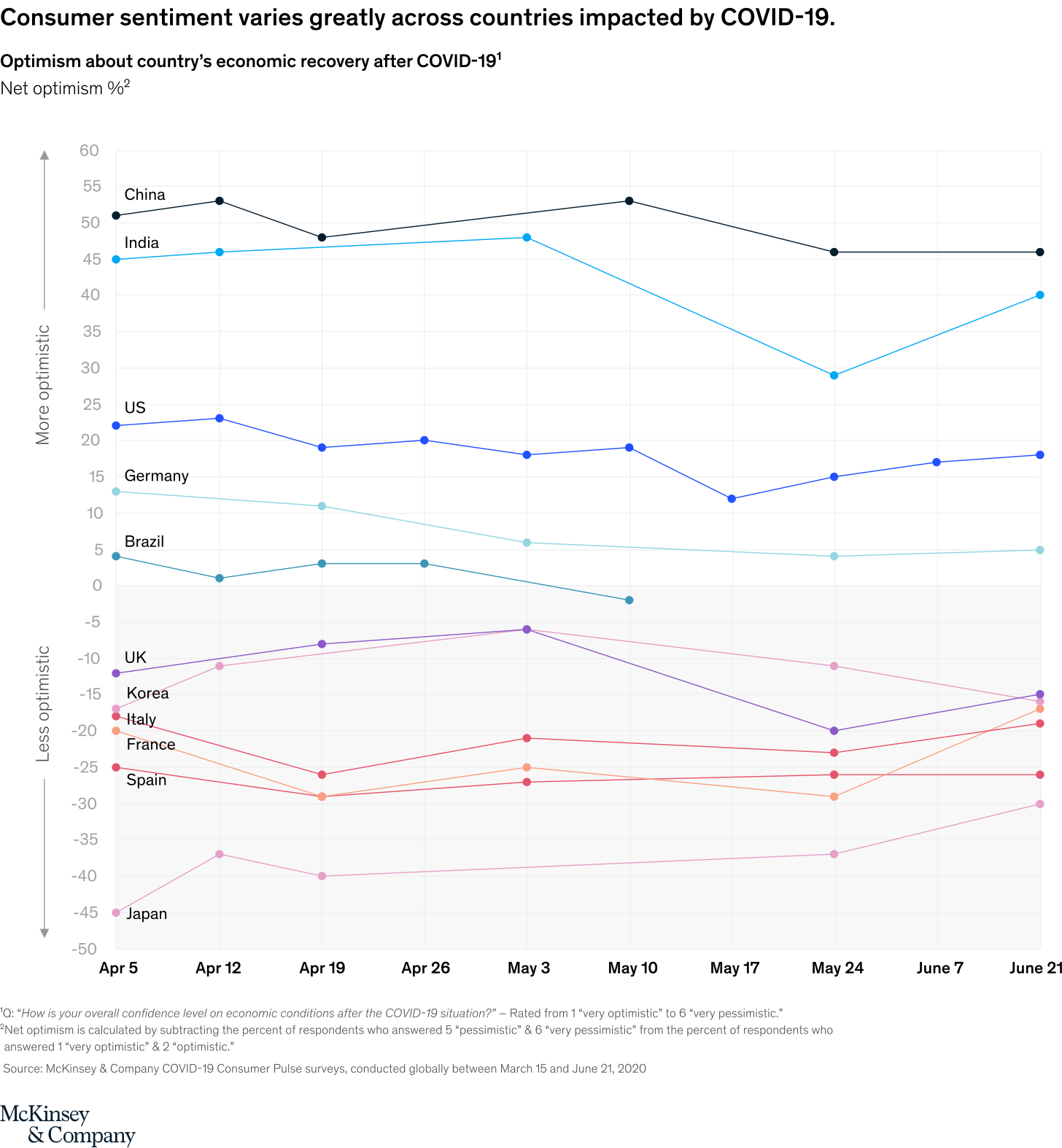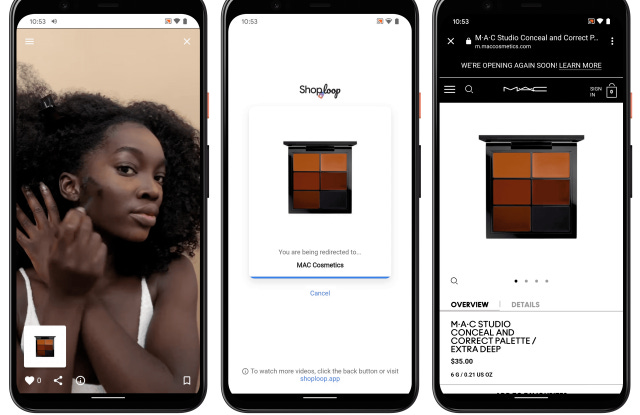Is the World Forever Changed?
They say it takes 21 days to form a habit…Well, it has been approximately four and a half months since the US has been on some form of lockdown and people are gradually starting to accept this as their “new normal”.
It’s hard to imagine things ever going back to the way they were pre-coronavirus, in-fact, it’s getting harder and harder to even remember what things were like before we all wore masks, kept six-feet apart, and avoided crowded public spaces. These habits, along with many others, are being ingrained into the population. Bad habits die hard, and Coronavirus habits may die even harder.
“Bad habits die hard, and Coronavirus habits may die even harder.”
How will Coronavirus change how we live and work, how we spend our money, and what we value?
1. Merging of Work and Home
The converging of work life and home life has been one of the most impactful shifts in the way we live our lives and what we buy. Our family members are now our co-workers, our apartments now our office spaces, and our “work clothes” are now our lounge clothes.
The collision of these two very distinct worlds has created a clear set of opportunities for some; Lululemon, West Elm, Amazon, etc., and a new set of obstacles for others, commercial office space; workwear retailers, gyms, etc. Consumers are beginning to adapt to the quarantine-lifestyle and are making strides to make their at-home work-life situations more comfortable.
At a high-level, we’re seeing that consumers are reimaging their home spaces as a catch-all for work, family, and fitness. Home-improvement projects, at-home workspaces, home-fitness equipment, and comfortable work-from-home clothes are all top consumer spending items and will likely continue to be throughout the pandemic.
2. Essentials & Value-Driven Purchasing
As many Americans believe that the financial impacts of the Pandemic will have a lasting impact, consumers are prioritizing essential purchases and are leaning towards value, sales, and discounts. Not only that, because leaving the house is rarely an option, consumers are also finding out that they need much fewer things, clothes, etc.
This is coming to life in the style and aesthetic of clothing that people are purchasing as well. Versatile basics with an emphasis on function and comfort rather than style are growing at an unprecedented pace in the market as consumers wants and needs shift dramatically.
3. Homebody Economy
People are adapting to at-home life, and 70% of consumers are still afraid to go back to regular everyday activities. Now, given that bars and crowded indoor spaces have been identified as one of the key sources of transmission, consumers will likely swap nights out for intimate dinners at home with family and friends.
1. Coronavirus Shines Light on Sustainability
Big Retailers Partner to Find Plastic Bag Alternative
-
Background: As society collectively becomes more conscious of our consumption patterns, we are increasingly shining a light on practices such as single-use plastic bag consumption that is damaging to the environment. Many big retailers are teaming up to try and find solutions to problems like this, but it is not as straightforward as it may appear.
-
Details: Americans use 100 Billion single-use plastic bags per year and big retailers like Target, Walmart and CVS are teaming up to try and reduce consumption. While many believe that reusable bags are the solution, the tradeoffs are pretty high. One study shows that a reusable plastic bag needs to be used 37 times to match the footprint of a disposable bag.
Walmart Partners with Threadup
-
Background: Walmart is moving into the pre-owned clothing business with a new partnership with ThreadUp, a leading resale clothing website.
-
Details: Walmart is offering 750k pre-owned clothing and accessory items for sale on their U.S. eCommerce site. This is the most significant retail partnership to date for ThreadUp, who already has partnerships with Macy’s, JC Penney, Madewell, and Gap. While many are concerned with the short term implications of resold goods due to COVID, the longer-term outlook appears strong as consumers increasingly understand the positive environmental impacts. According to ThreadUp, choosing used over new reduces your carbon footprint 60-70%.
2. Big Tech Aims to Take Over Retail
-
Background: Americans have become accustomed to private-label goods from big retailers, but things get complicated when the competition moves to virtual shelves.
-
Details: Amazon is testing private label “pop-up” ads for their own products that directly compete with big brands on the website. When customers search for a particular product, they may have to dismiss the Amazon private label alternative before competing for a purchase. While Amazon is dismissing the current practice as tests on a very limited selection of products, it is clear the power they have to influence customer buying decisions in favor of their internal brands.
Google Creates Video Shopping App
-
Background: Google is the owner of the largest video platforms in the world, Youtube. As many social media platforms make the jump into the eCommerce space, Google is doing the same with a new video shopping app called Shoploop.
-
Details: Shoploop is a new mobile web platform for “discovering, evaluating, and buying products, all in one place.” It aims to bridge the gap between social media and the eCommerce shopping process.
Follow me on Social!
Xoxo Jackie


Recent Comments